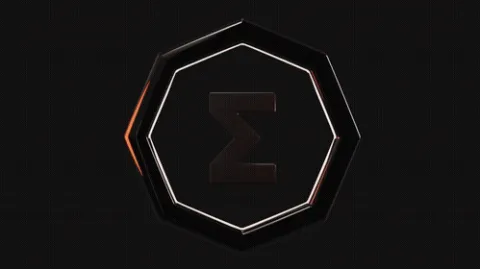EIP-21 Genuine tokens verification
@morphic @MrStahlfelge
Sorry for jumping into the conversation.
I think all tokens should have the freedom to belong to Ergo. What one considers garbage to another may be the illusion of a lifetime.
Sorry for jumping into the conversation.
I think all tokens should have the freedom to belong to Ergo. What one considers garbage to another may be the illusion of a lifetime.
